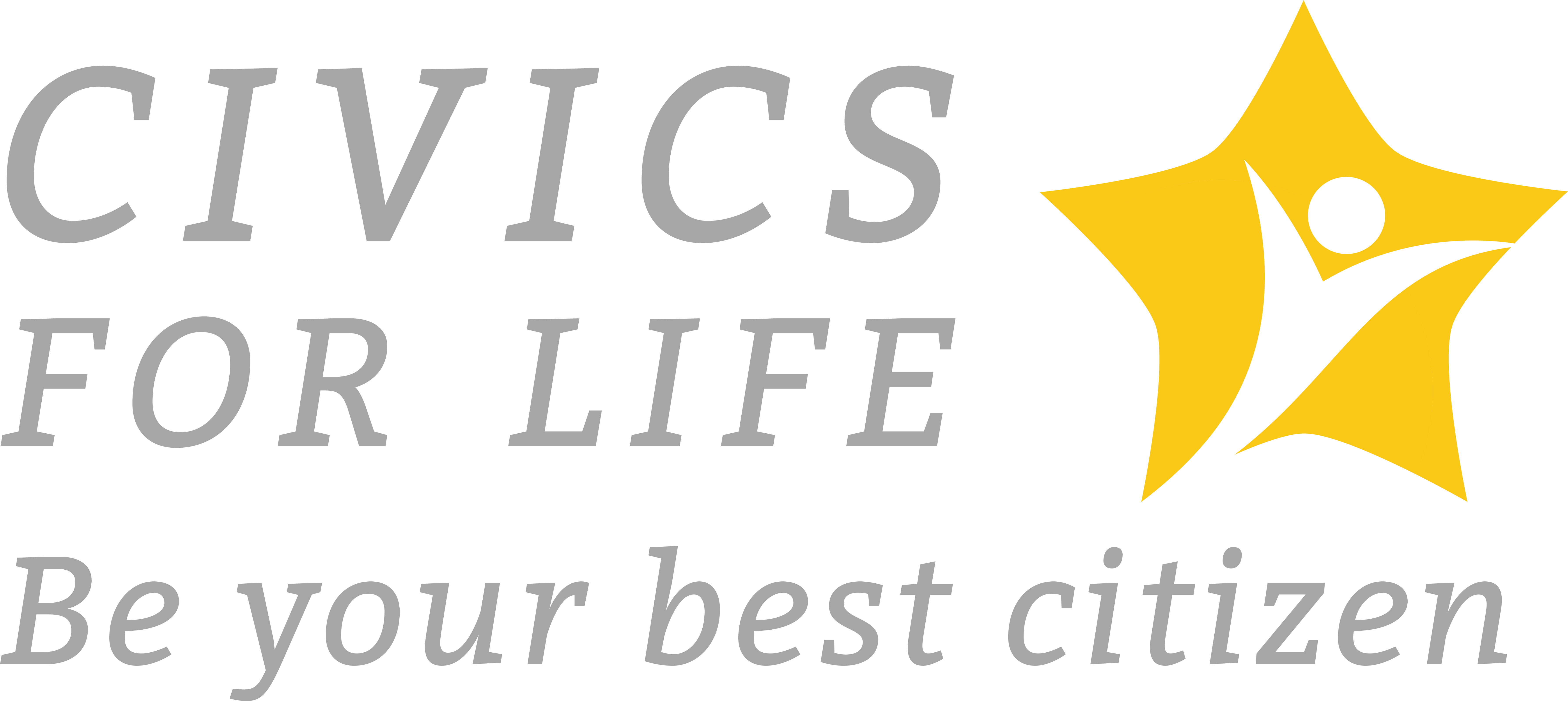How to Engage in Civil Discourse
Civil discourse is an active pursuit: participants should be actively respectful, open, friendly, and generous. Good faith is communicated not only through words but also facial expressions and body language. Disagreement is a natural and healthy part of conversation; you can and should disagree without being disagreeable.
- Start with the facts; your interpretations should be based on fact.
- Use a moderate and respectful tone of voice.
- State your views clearly, concisely, and without aggression. If you are interrupted, kindly ask to be allowed to finish conveying your thoughts.
- When you have finished speaking, you can ask your conversational partner(s) for their reaction; this indicates that you are interested in their views and engaged in a dialogue.
- When your conversational partner speaks, stay quiet and listen openly, actively, and attentively. Do not interrupt; display openness through your facial expressions and body language, and truly consider the points your partner is making. Do not simply use this time to plan out the next point you want to make.
- When your turn to speak comes again, react to your partner’s points with good faith, being sure to give credit where you think it’s due; avoid merely repeating the position you stated earlier.
How can I engage in civil discourse?One need not limit the above numbered steps to discussions of public policy. Civil discourse has a place in any interaction in which people with different views are attempting to reach a productive conclusion together. Civil discourse in the workplace improves both productivity and morale; civil discourse in romantic relationships lessens discord; civil discourse between friends, well, it helps one keep one’s friends. As with any pursuit, civil discourse grows easier with practice; perhaps more importantly, with practice civil discourse becomes habitual. Reading news articles in reputable outlets with which one usually disagrees, subjecting stances with which one does agree to increased scrutiny, considering as legitimate the desires of people who think and act differently from oneself, analyzing arguments rationally—these are just a few of the everyday activities that strengthen civil discourse capabilities and begin to habituate one to the inclusion of civil discourse in routine interactions.

